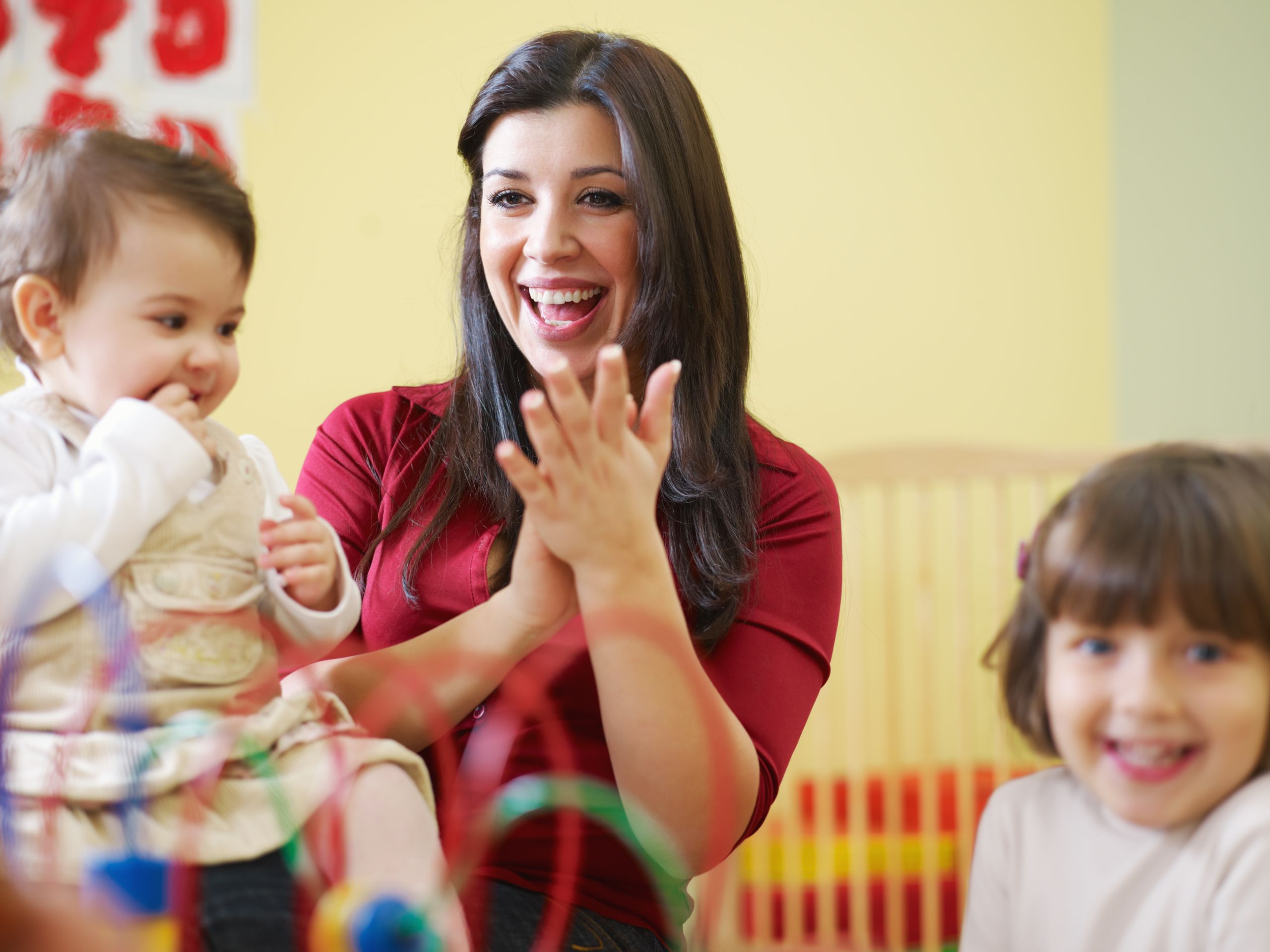An excellent article, "Yep, Life'll Burst That Self-Esteem Bubble,"* eloquently outlined some of the flaws in the self-esteem movement that originated in the '70s and '80s. This topic caught my eye because I work every day with many very sincere and eager parents and observe how the building blocks of self-esteem often elude them.
Estimated reading time: 3 minutes
Heartmanity partners with outstanding companies and products we wholeheartedly recommend so this post may contain affiliate links. As an Amazon Associate, I earn from qualifying purchases at no extra cost to you. You can read our full disclosure here. Thank you for supporting Heartmanity's mission and helping us provide quality content!
The Myth About Developing High Self-Esteem in Children
In one of my latest coaching sessions with parents, we talked about how self-esteem is constructed and the difference between external and internal motivation. They were surprised—and chagrined—at how the praising comments they were using were creating a child dependent on external validation.
One of the myths about developing healthy self-esteem in children is that it is important to use praise.
It was once thought that the more praise, the higher the self-esteem. However, we're now reaping the results in a generation of sugar-coated kids, and it's not pretty.
Research shows that the children raised with loads of praise lack confidence, accountability, and competence and a fixed mindset. They have difficulty with constructive feedback, and they often struggle with self-entitlement and blame. And a very large majority of these young adults are not even hiring material. Sad but true.
Related reading: "Why a Growth Mindset for Kids Is the Key to Their Success."
Recommended:
Growth Mindset Workbook for Kids
Growth Mindset Workbook for Teens
Why Praise Leads to People Pleasing
So why isn't praise effective in building self-esteem, as originally thought?
Let's define praise first.
The dictionary says praise is "the act of expressing approval or admiration." The key word here is "approval."
If a child is looking to please someone or to get approval from a parent or teacher, they focus on external adulation. Every adult wants slightly—or drastically—different things from a child, and different behaviors will please them. So for a child to seek to please others is a trap from the beginning!
One parent may value speaking up for themselves. Another might think politeness or kindness is more important. One teacher may want creativity and critical thinking, while another just wants the kid to follow the instructions to a T.
Hmm.
What a quandary if a child is looking to find the right combination to please everyone!
Deep dive: "3 Hidden Parenting Mistakes that Promote People-Pleasing Behavior in Children.' A child trying to please others will become an adult who is good at reading and pleasing others—"a people pleaser"—but not someone who is genuinely happy.
A child trying to please others will become an adult who is good at reading and pleasing others—"a people pleaser"—but not someone who is genuinely happy.
Why?
Because the child's attention is focused on approval from the outside, even at the expense of what the child feels or what is important to them.
The more children and teens learn to face out and lean toward others to affirm themselves, the less secure their self-esteem becomes.
If children's attention is captivated by continual external approval and rewards as they develop, they lose their internal compass to be happy and fulfilled. Waiting for their next dose of praise pulls their attention away from becoming aware of what feels right for them inside.
Seeking approval habitually from the outside deteriorates approval from the inside.
Praise also interferes with developing their natural abilities—they are too busy pleasing everyone around them. (Unless of course they decide to rebel, which is a different challenge!)
When children don't experience their impact as a result of their own unique passions, talents, gifts, and contributions, they miss out on the natural enfoldment of intrinsic rewards and well-earned results: measured value and success, competence, meaning, and connection.
Related reading: "Why You Should Stop Being a People Pleaser"
Too Much Praise Creates a Dopamine Loop
Another difficulty arises when parents attempt to give daily praise on their child's behalf. Their praise can be shallow, trite, and too generic, such as "Good boy/girl!" "Great job!" or "Awesome!" are common.
Kids are smart, and at some point, they begin to recognize that they're getting more and more praise because their parents don't actually believe they can achieve results without their prompting, propping, or praising.
This kind of validation does not give the child or teen any concrete information that they can use to repeat an effective action, improve a skill or behavior, or learn something about themselves and the world.
With praise, children have no new or helpful information to help them navigate through life successfully.
Praise may feel good, but the feeling that comes from this approval gives little or no actionable value to the child or teen.
It becomes an addiction through the dopamine loop and the anticipation of the next fix. It's like caffeine addiction. Coffee may give you a great boost, but the more you drink it, the more you want it, and the less you can start your day without it.
Coffee may give you a great boost, but the more you drink it, the more you want it, and the less you can start your day without it.
Just like caffeine, the more children drink up praise, the more they rely on it to feel good about themselves and to motivate themselves.
What happens to their motivation when you're not around to praise? It deflates. Their motivation is flattened by self-doubt and procrastination.
Are You Praising to Assuage Your Parenting Guilt?
Perhaps the most confusing kind of praise for a child is the praise motivated by a parent's desire to make up for a criticism flung in a careless moment.
Have you ever reacted and regretted it?
Yup, we've all been there.
When we feel responsible for hurting a child or teen with an unexpected outburst, praise that follows is often a reaction coming from the guilt.
Let's explore a possible scenario:
You just picked up the children from school after a long day at work. You skipped lunch to finish a big project, you cut sleep the night before to finish a costume that one child needed for a play, and you have unpaid bills pulling at you. Your children are fighting and begging you to play with them. But you know there's nothing in the fridge at home to cook for dinner. Dinner will be late again.
You head to the grocery store kids in tow. Finally, you make it to the checkout, but as you're paying for the groceries your five-year-old has a complete meltdown. With all the patience you can muster, you bend down and make a threat under your breath: "Be quiet right now or you're not going to your friend's birthday party tomorrow."
The child reluctantly settles down, and you get to the car, where you totally lose it. "Why can't you kids just behave?"
After dinner, when things have calmed down, and you have balanced your blood sugar with a good meal, the guilt starts rolling in. As you go to sleep, your harsh reaction eats away at you and you start thinking, "Am I a bad mom?"
You resolve to do better tomorrow.
The next day, as the previously reprimanded child sits down at the breakfast table, you smile and say, "You're such a good boy!" He has no idea what you're talking about or why he is a good boy.
That's guilted praise.
Are you beginning to see the problem with praise?
Give Encouragement Instead of Praise
There's a better way: encouragement that is specific and meaningful.
Encouraging feedback is thoughtful, and it usually engages the child in introspection. Encouragement creates a dialogue between you and your child or teen, which, as a bonus, strengthens the relationship.
This kind of feedback builds healthy and authentic self-esteem while also creating strong, confident young adults who desire to contribute to the world.
With meaningful feedback and encouragement, a child can repeat specific actions that create excellent results in the future.
Children and teens have the power to improve their skills. They can actively increase success by the amount of effort and focus they apply in each situation.
For detailed ingredients on how to encourage effectively, see "How to Give Effective Feedback to Children."
Examples of Encouragement
Instead of "Good boy!" say, "I really appreciated the way you helped clean up after dinner without being asked."
Instead of "Great job," say, "What impressed me most about your science project was your can-do spirit and how you handled the difficulties with excellent problem-solving! You must be so pleased with yourself."
Yes, this takes practice, reflection, and keen observation, but it pays off!
Encouragement and Positive Feedback Promote Internal Motivation
The best part about effective feedback is that it inspires children and teens to explore more, try harder, and persevere. When a parent's validation is meaningful and specific, it strengthens those intrinsic muscles and builds a growth mindset that will serve them for their entire lives!
The repetition of internally focused attention creates a lasting sense of self independent of other people's responses.
The child or teen, not another person, controls the results they create. Children strengthen the muscles of their individualization and learn to follow their unique inspirations, desires, and dreams.
* The original 2005 article mentioned above, "Yep, Life'll Burst That Self-Esteem Bubble," by Sharon Jayson of USA TODAY, has since been archived.
For more on visionary parenting or support and helpful tools in your parenting, feel free to explore all the great resources at Heartmanity.com.








